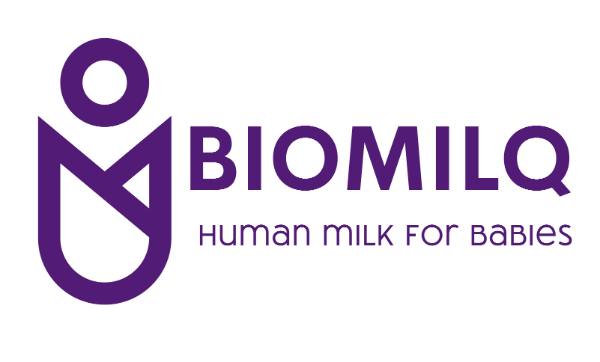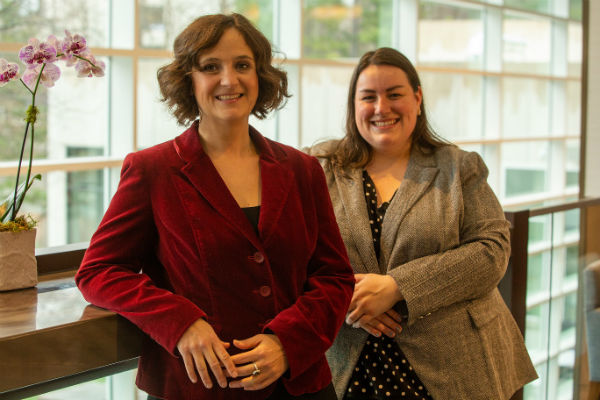
BIOMILQ Raises $3.5 Million for Infant Nutrition Alternative

A Durham startup, BIOMILQ, has a mission to replicate the nutritional profile of breastmilk with mammary cells outside the body.
And now the company has $3.5 million in funding to help it reach that goal. Breakthrough Energy Ventures led the series A round while Blue Horizon Ventures, Purple Orange Venture and Shazi Visram, founder of Happy Family Brands and healthynest, also participated. Breakthrough was founded by Bill Gates and several other private investors concerned about climate change.
“The BIOMILQ team is thrilled to be supported by such inspirational and mission-aligned investors who understand the needs of parents and the planet” said Michelle Egger, co-founder and chief executive officer of BIOMILQ, in a statement. “While there is no replacement for breastmilk, we believe we can harness the power of science, technology and nature to deliver comprehensive and sustainable infant nutrition.”
With its first proof-of-concept, BIOMILQ made isolated human mammary cells produce casein, a complex protein that makes up 80% of the protein in milk, and lactose, the principal sugar in milk. The researchers will continue to work on leveraging the natural ability of the mammary cells to produce all 2,500+ components of breastmilk.
Health benefits of breastmilk vs. the realities of motherhood
Breastfeeding is one of the most effective ways to ensure a child’s healthy development.
The American Academy of Pediatrics (AAP) recommends that infants be exclusively breastfed for about their first six months. The AAP recommends babies then continue to breastfeed while being introduced to appropriate other foods until the age of 1 or longer.

According to a study by the U.S. Centers for Disease Control and Prevention, however, two-thirds of new parents in the U.S. struggle to breastfeed for as long as they would like.
Whether a mother has low milk production, medical challenges, work obligations or any number of other factors that new moms must weigh, it’s not always physically and/or logistically possible for a mother to breastfeed for as long as health experts recommend. Or, in many cases, breastfeed at all.
Infant formula is an alternative that parents can use to supplement or replace breastmilk. However, studies show, and even formula companies acknowledge, that it does not provide all the proteins and sugars that make breastmilk the nutrition powerhouse that it is.
“We believe parents, caregivers and infants deserve more options in early-stage nutrition,” said Leila Strickland, co-founder and chief scientific officer of BIOMILQ. “We’re determined to give them just that and to create a better world for future generations.”
Common interests and pieces of a puzzle
Strickland and Egger met a little over a year ago through a mutual friend who is also in the industry. Strickland said her background and Egger’s background were a logical match that came together like pieces of a puzzle.
Strickland, who is an accomplished cell biologist with a postdoc in cellular biology from Stanford University, has two children. They were both born prematurely, and she had trouble breastfeeding. She wondered about better options. And later, she started working on technology to produce milk from cultured cells.
Egger is a food scientist by training who worked for several years at General Mills, where she invented new processing techniques and did consumer insight work, working on organic foods like the famous LÄRABARs. Egger has an MBA from Duke University with an emphasis on social impact entrepreneurship, specifically food insecurity, malnutrition and global food systems. Her interest in early childhood nutrition grew last summer during her research for the Bill & Melinda Gates Foundation on affordable plant-based protein sources for low- and middle-income countries.
With their new funding, the BIOMILQ co-founders said they plan to optimize their production, expand their team and engage their stakeholders – families, pediatricians and the breastfeeding community – to bring the best cultured breastmilk product to market.
